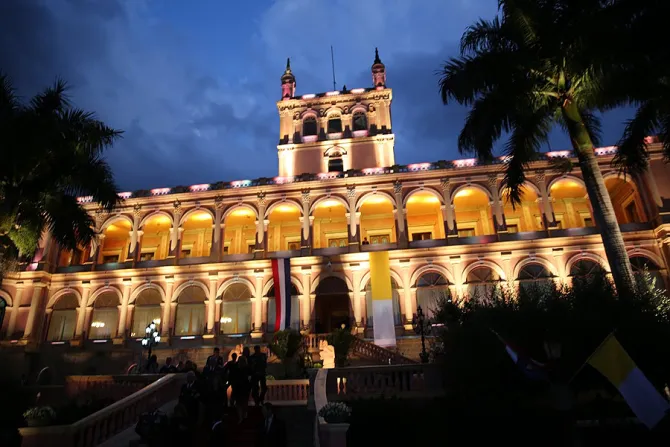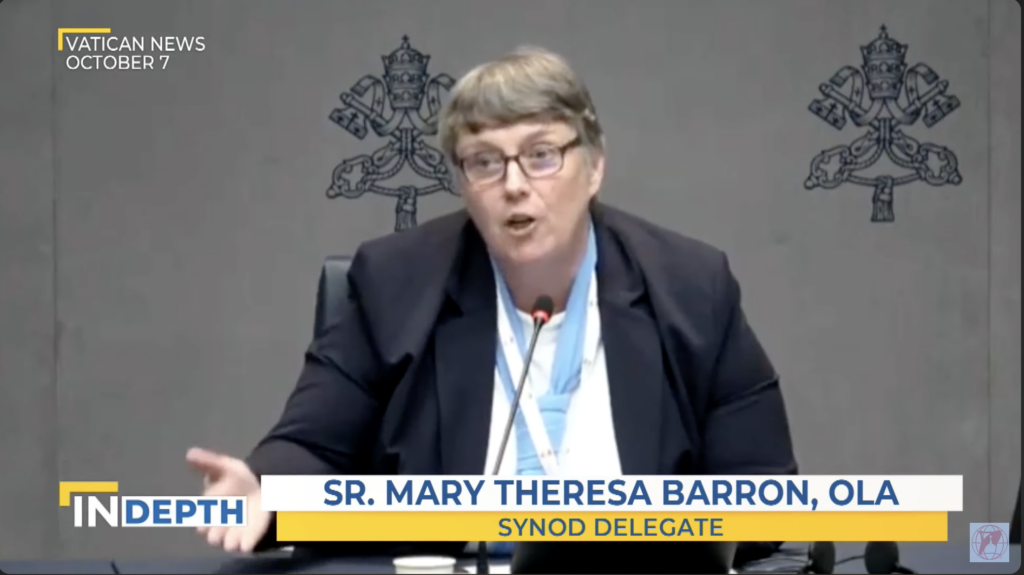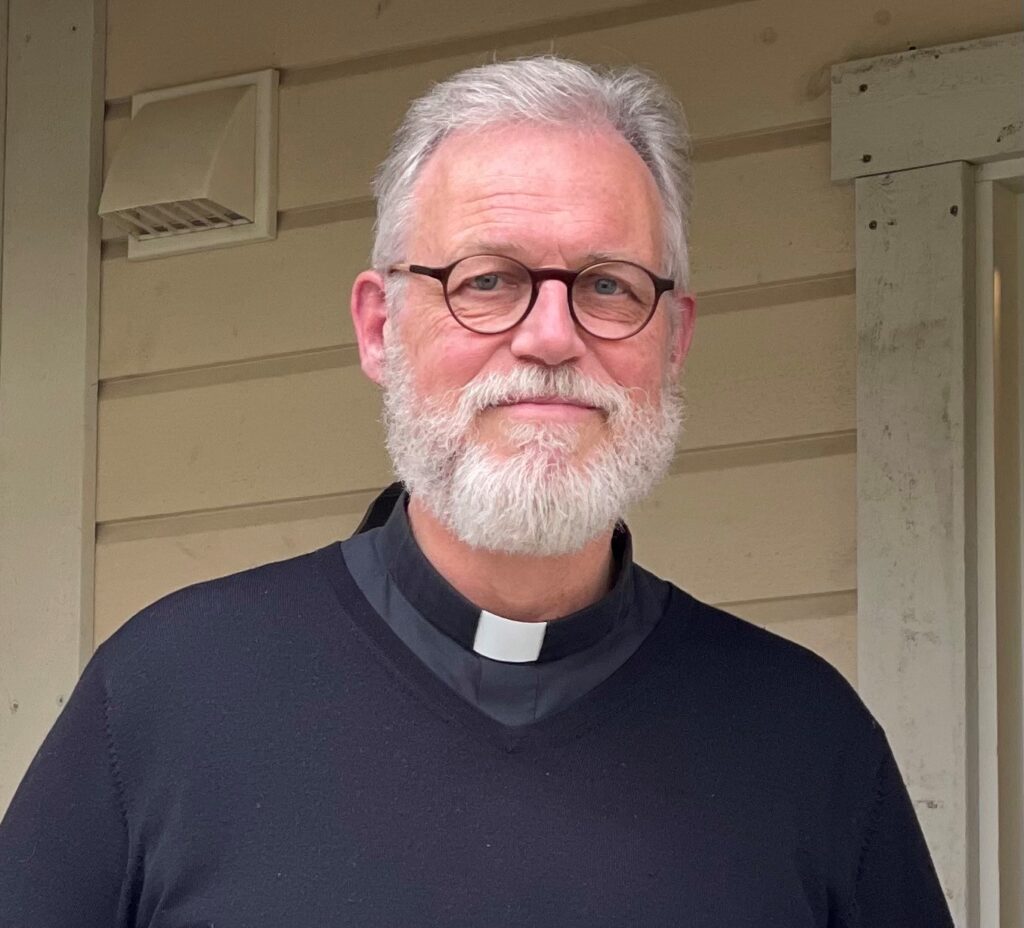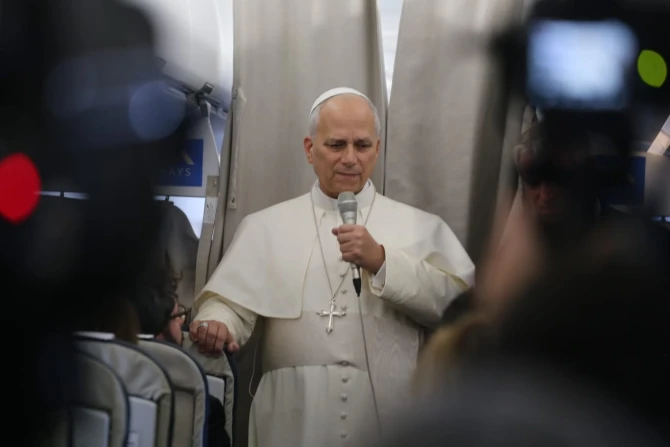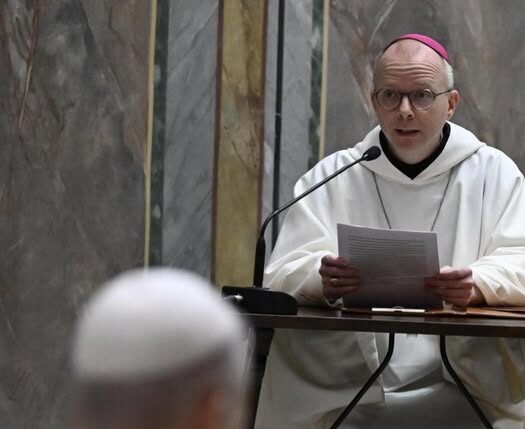Paraguayan Bishops Speak Out at OAS General Assembly Amid Threats to Life and Family
By Diego López Marina
As the 54th General Assembly of the Organization of American States (OAS) takes place in Paraguay through June 28, the Paraguayan Bishops’ Conference (CEP) and other leaders in the country are emphasizing the importance of defending the fundamental values of life and family. This year’s assembly theme is “Integration and Security for the Sustainable Development of the Region.”
In a statement regarding this week’s meeting, the CEP acknowledged the value of organizations like the OAS that promote peace, understanding, democratic institutions, and respect for human rights in the region. However, the bishops also expressed concern about certain resolutions that could be approved during the assembly, which they believe conflict with Paraguay’s constitution.
“The constitutional framework of our country protects life and family as fundamental values on which our national society is built. The right to life is inherent to the human person, with the family being the foundation of society,” the bishops noted, urging Paraguayan authorities to object to any resolution that may affect national sovereignty.
The CEP reaffirmed the Church’s belief in the value of life from conception to natural death and the family, founded on the marriage of a man and a woman. They called for respect for these convictions, which are guaranteed and protected by the constitution.
Valeria Insfrán, president of the Citizen Network for Children and Adolescents, expressed similar concerns. “That the assembly is held in Paraguay is a great opportunity for the current government, which declares itself pro-life and pro-family, to establish firm and forceful positions in support of national interests,” Insfrán told ACI Prensa, CNA’s Spanish-language news partner.
Specter of Censorship and Harmful Draft Resolutions
Insfrán specifically highlighted acts of censorship and discrimination within the organization of the assembly. “We have seen clear signs of discrimination on the part of the organization… They have excluded several coalitions and organizations that are critical of the progressive agenda that wants to influence the Inter-American Human Rights System,” she said, noting that this exclusion contradicts the principle of plurality and participation that should prevail in the assembly.
She also raised objections to several draft resolutions, which include concepts such as “hate speech” and “reproductive rights,” which she argued are “deeply deconstructive of the nature of the human being.”
“Another worrisome concept is ‘women in all their diversity,’ found in the draft human rights resolution, which is not part of the international human rights treaties and attempts to redefine the term woman to include men who perceive themselves as women, thus putting women’s rights, opportunities, and security at serious risk,” Insfrán explained.
Insfrán also critiqued a draft resolution on feminist policies titled “American States for Substantive Equality and the Full, Equal, Meaningful, and Effective Participation of All Women through Their Foreign Policies.” She pointed out that it promotes a radical feminist viewpoint that ignores the natural complementarity between men and women.
Election of Judges During the Assembly
The Coalition for Human Development of Human Life International (HLI), a pro-life and pro-family advocacy group, is scheduled to participate in meetings with the heads of delegation of the OAS member states. The organization noted that three judges of the Inter-American Court of Human Rights will be elected this year.
“Of the five candidates nominated by the member states, two align with the principles of the Church’s social doctrine and human dignity, while two pose high risks for life and family, and one represents a more moderate risk,” HLI stated. The coalition supports Alberto Borea Odría from Peru and Diego Moreno Rodríguez from Paraguay while identifying Leticia Bonifaz Alonso from Mexico and Ricardo César Pérez Manrique from Uruguay as less desirable candidates. Carlos Rodríguez Mejía from Colombia is considered a moderate risk.
Both the Paraguayan Bishops’ Conference and Insfrán called for the OAS deliberations in Paraguay to contribute to the good of nations, protect the most vulnerable, care for the environment, and combat transnational organized crime.
This story was first published by ACI Prensa, EWTN Norway’s Spanish-language news partner. It has been translated and adapted by EWTN Norway.

